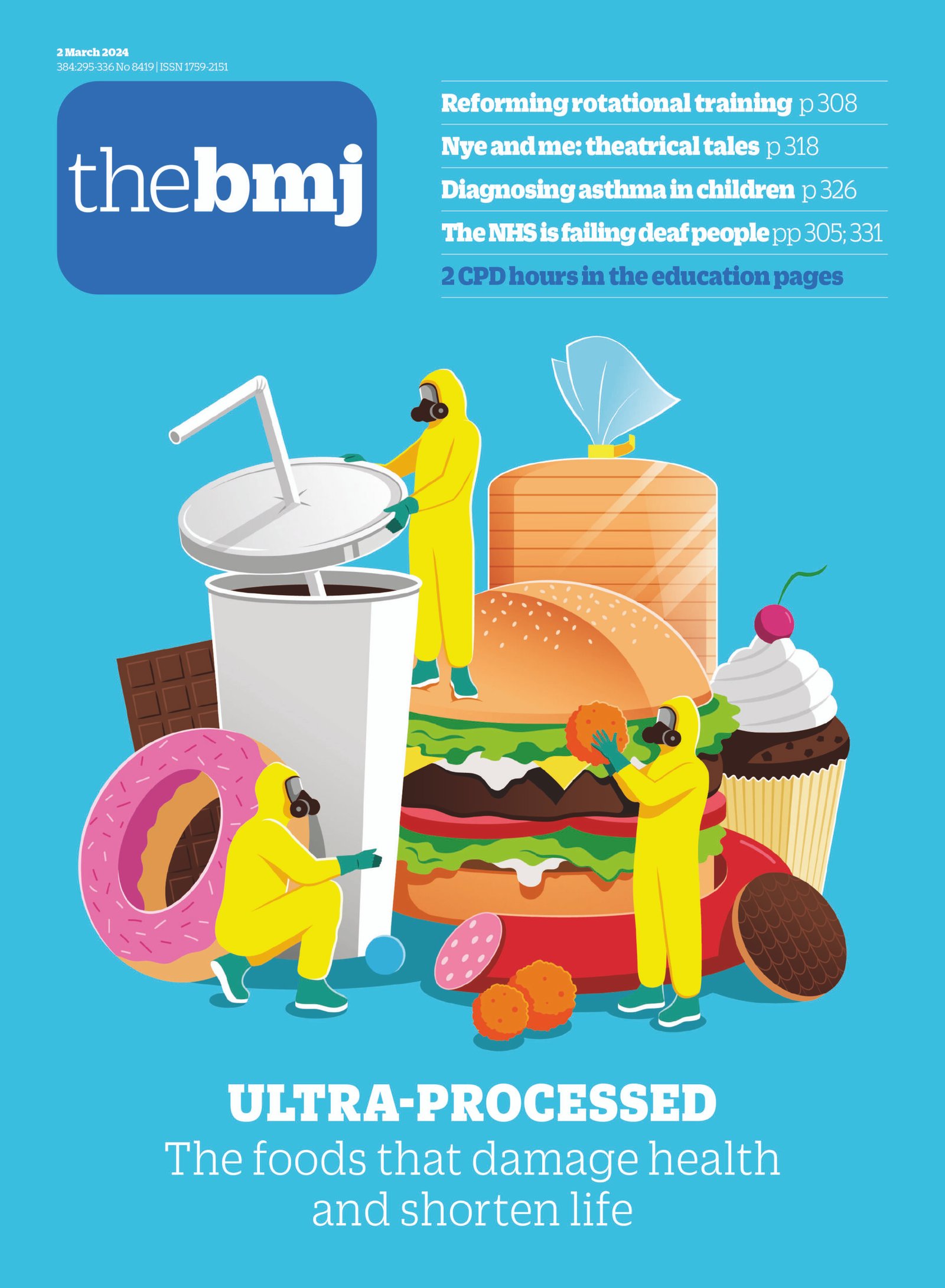- Madeleine Fisher, clinical fellow
- madeleine.fisher1{at}nhs.net
Wilkinson mentions the “cultural memory” of the measles, mumps, and rubella (MMR) autism scare.1 Vaccine hesitancy is neither new nor limited to the MMR autism scare, and to improve vaccination rates we must consider a wider history.
Smallpox was eradicated owing to a highly successful vaccination programme.2 The initial inoculation procedure required a lancet to directly transfer material from the pustules of those previously inoculated to a non-inoculated person.3 Concern over the spread of other diseases such as syphilis through the procedure contributed to vaccine hesitancy at the time.3 The world’s first mandatory vaccination programme was introduced for smallpox in 1853 with the British compulsory Vaccination Act, which resulted in riots.3 The Anti-Compulsory Vaccination League was founded in 1867.3
In 2018, 165 years after this first mandatory vaccination law, New York county introduced a period of mandatory MMR vaccination with a $1000 fine.4 Despite this, the New York MMR vaccination rate is currently at 79.4%,5 with 95% needed for herd immunity. Debate about the role of mandatory vaccination is ongoing.6

Reduced uptake of the covid-19 vaccine in black and ethnic minority groups in the United States was linked to a wider erosion of trust in healthcare.78 This reduced trust is linked to the longstanding history of racism in healthcare—for example, through the Tuskegee study7—but also to ongoing inequalities in healthcare.8 When assessing covid-19 vaccine uptake, studies showed that black Americans were twice as likely to trust people providing health information if they were from their own racial or ethnic group.9 In June 2023, 74.3% of NHS workers were white.10
Wilkinson discusses increasing community engagement to improve trust in healthcare and vaccination, and this comes back to widening participation in healthcare professions for those from black and ethnic minority backgrounds. Building trust in vaccines requires greater understanding of the history of vaccine hesitancy alongside understanding of the wider reasons for reduced trust in healthcare.









